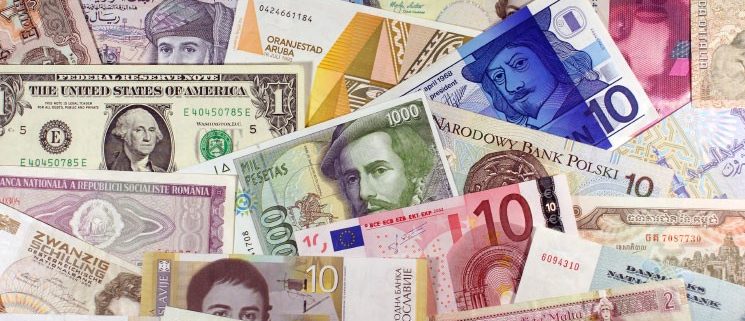A Primer to Investing in Rental Property in Thailand
There are many ways to invest your hard-earned money and each one has it’s advantages and disadvantages. There are traditional investments such as bonds and mutual funds as well as more modern options such as equity crowdfunding. There are offshore jurisdictions and investing in hot new markets. Real estate is an area of investment that always gets people excited and Thailand, in particular, is a place where many people want to invest.
According to financial planning consultant Richard Cayne of Meyer International, they see Bangkok as a bustling metropolis that hosts locals, foreigners, vacationers, expats, business people and retirees from around the globe. The demand for high-quality rental real estate is high.
Investors also see the opportunity to invest in gorgeous villas and luxurious resorts on any number of Thai islands and vacation destinations in the country.
Whichever sector of the Thai real estate rental investment market intrigues you, Richard Cayne can offer advice and expert information for you to consider before you put pen to paper to sign your name on the ownership paperwork.
Due Diligence
Before you sign anything, you need to do proper real estate due diligence. If you can’t visit the property in-person, have your lawyer or one of his staff do so. Thoroughly research the developers and other partners, if any. Have your lawyer do a thorough check on the property, title and all of it’s history.
You don’t want any legal surprises after money has changed hands.
Know the Property Laws
Make sure you are informed about local property laws. Your lawyer or financial planner can help you learn what you need to know. For example, did you know that non-Thais can’t own land in Thailand? That’s right. If you aren’t Thai, you may own a condo or any property, but not the land beneath it. If there are Thai partners involved in the project, then you may own up to 49 percent of a project, but not more than that. Condos on the other hand are easier in that a foreigner may hold the condo is his name free and clear as long as that unit is part of the condo’s foreign quota and they all have up to 49% available to foreigners. In other words if you choose to buy condominiums or apartments, remember that only 49 percent of the units in any single building can be foreign owned – and that does not just mean you. That means that, collectively, only 49 percent of the units can be owned by non-Thais.
Ask a financial planner such as Richard Cayne to explain the ins and outs of what you can buy and how.
What to Buy
Now that you know a bit about what you are legally allowed to own, perhaps it has focused your idea of where you would like to invest in the Thai real estate market and what you might like to buy. Investing in property is exciting and the Thai market is one of the world’s hottest. With the right advice from the right team of professionals, you can make a great property investment.
To learn more about real estate investment and other finance topics, Richard Cayne and Meyer International can be reached at (+66) 02 611 2561.





